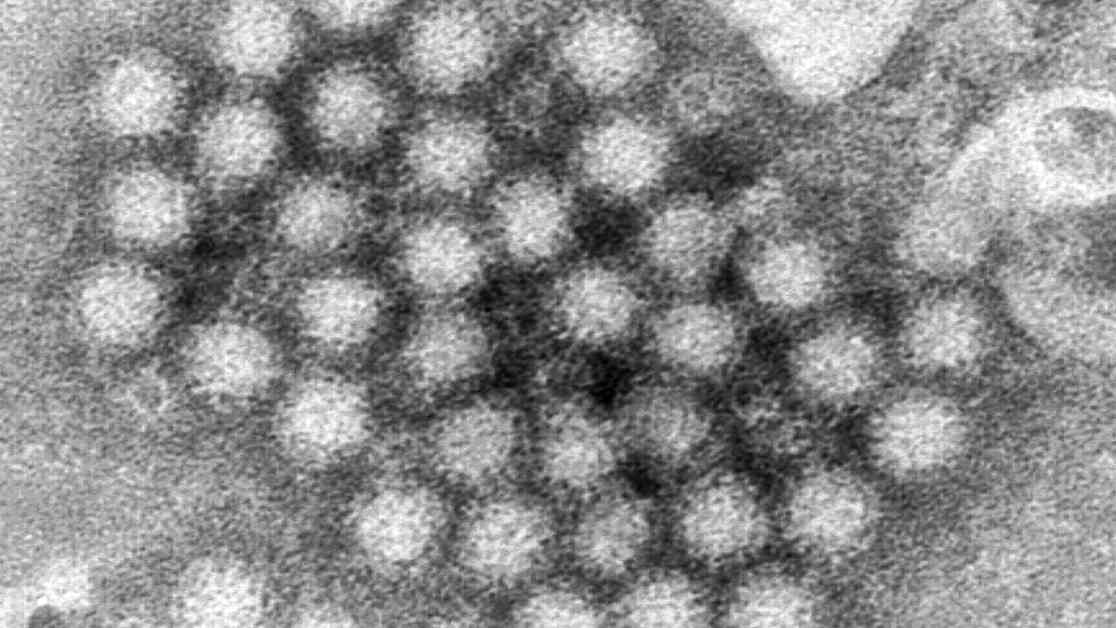Surge in US Cases of Nasty Norovirus – Stay Alert and Take Precautions
Cases of a wretched stomach bug are on the rise in parts of the United States this winter, as per the latest government data. The Centers for Disease Control and Prevention reported 91 outbreaks of norovirus during the week of Dec. 5, a significant increase from 69 outbreaks the previous week of November. This spike surpasses the maximum of 65 outbreaks reported during the same week in the past few years.
### What is Norovirus?
Norovirus, the leading cause of foodborne illness in the United States, is responsible for 58% of such infections acquired in the country annually, according to the CDC. This group of viruses spreads easily, with as few as 10 viral particles having the potential to make someone sick. Annually, there are around 2,500 norovirus outbreaks reported in the US, with the peak season from November to April. In addition to vomiting and diarrhea, common symptoms include nausea, stomach pain, body ache, headache, and fever.
### How do you get Norovirus?
Most norovirus outbreaks occur when infected individuals spread the virus to others directly through sharing food or eating utensils. The virus can also spread through food, water, or contaminated surfaces.
### How long does Norovirus last?
Symptoms of norovirus infection typically manifest 12 to 48 hours after exposure to the virus. Most people recover within one to three days. Despite this, norovirus causes an average of 900 deaths and 109,000 hospitalizations annually in the US, with older adults being most affected.
### Who’s at risk and how to protect yourself?
People of all ages can contract norovirus, with young children, the elderly, and those with weakened immune systems at higher risk. Dehydration from vomiting and diarrhea poses a significant concern, as there is no specific treatment for norovirus. Rehydration through water and other liquids, except coffee, tea, and alcohol, is recommended. Watch for dehydration symptoms such as decreased urination, dry mouth, dizziness when standing, unusual sleepiness in children, or fussiness without tears.
### Prevention is key
Regular and thorough handwashing is the best defense against norovirus, especially during the winter peak season. Wash hands with soap and warm water for at least 20 seconds before meals, and disinfect surfaces frequently to minimize the risk of infection.
Stay informed, stay safe, and take necessary precautions to guard against the nasty norovirus this winter.


